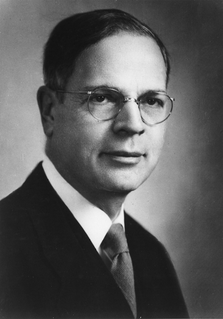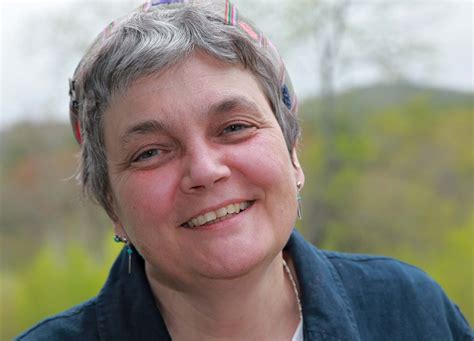A Quote by George Bernard Shaw
Death is for many of us the gate of hell;
but we are inside on the way out,
not outside on the way in.
Related Quotes
This is a Christian country. Why, so is hell. Inasmuch as Strait is the way and narrow is the gate, and few - few - are they that enter in thereat has had the natural effect of making hell the only really prominent Christian community in any of the worlds; but we don't brag of this and certainly it is not proper to brag and boast that America is a Christian country when we all know that certainly five-sixths of our population could not enter in at the narrow gate.
To begin depriving death of its greatest advantage over us, let us adopt a way clean contrary to that common one; let us deprive death of its strangeness, let us frequent it, let us get used to it; let us have nothing more often in mind than death... We do not know where death awaits us: so let us wait for it everywhere." "To practice death is to practice freedom. A man who has learned how to die has unlearned how to be a slave.
If we think about emotion this way - as outside-in, not inside out - it is possible to understand how some people can have an enormous amount of influence over others. Some of us, after all, are very good at expressiing emotions and feelings, which means that we are far more emotionally contagious than the rest of us.
At the risk of quoting Mephistopheles I repeat: Welcome to hell. A hell erected and maintained by human-governments, and blessed by black robed judges. A hell that allows you to see your loved ones, but not to touch them. A hell situated in America's boondocks, hundreds of miles away from most families. A white, rural hell, where most of the captives are black and urban. It is an American way of death.
Your body is the ground metaphor of your life, the expression of your existence... So many of us are not in our bodies, really at home and vibrantly present there. Nor are we in touch with the basic rhythms that constitute our bodily life. We live outside ourselves - in our heads, our memories, our longings - absentee landlords of our own estate. My way back into life was ecstatic dance. I reentered my body by learning to move my self, to dance my own dance from the inside out, not the outside in.
Take the case of the infinite ocean. There is no limit to its water. Suppose a pot is immersed in it: there is water both inside and outside the pot. The jnani sees that both inside and outside there is nothing but Paramatman. Then what is this pot? It is 'I-consciousness'. Because of the pot the water appears to be divided into two parts; because of the pot you seem to perceive an inside and an outside. One feels that way as long as this pot of 'I' exists. When the 'I' disappears, what is remains. That cannot be described in words.
Many media commercials encourage us to believe that if we buy a certain product, we can be physically appealing, or popular, or successful. According to the commercial message, it may be easy to make friends and influence people if we simply do what we're told to do. It would be wonderful if that were true, but unfortunately life does not seem to work that way. What is inside of us can be much more important and influential than what is outside.
Often, we feel that we need a leader outside of ourselves -a Buddha, a Gandhi, or a Martin Luther King, Jr.- to show the way. But we have the Buddha inside of us. We have Gandhi and King inside of us as well. We are interconnected. We don't need to wait for some other person to be the change we want to see in the world







































